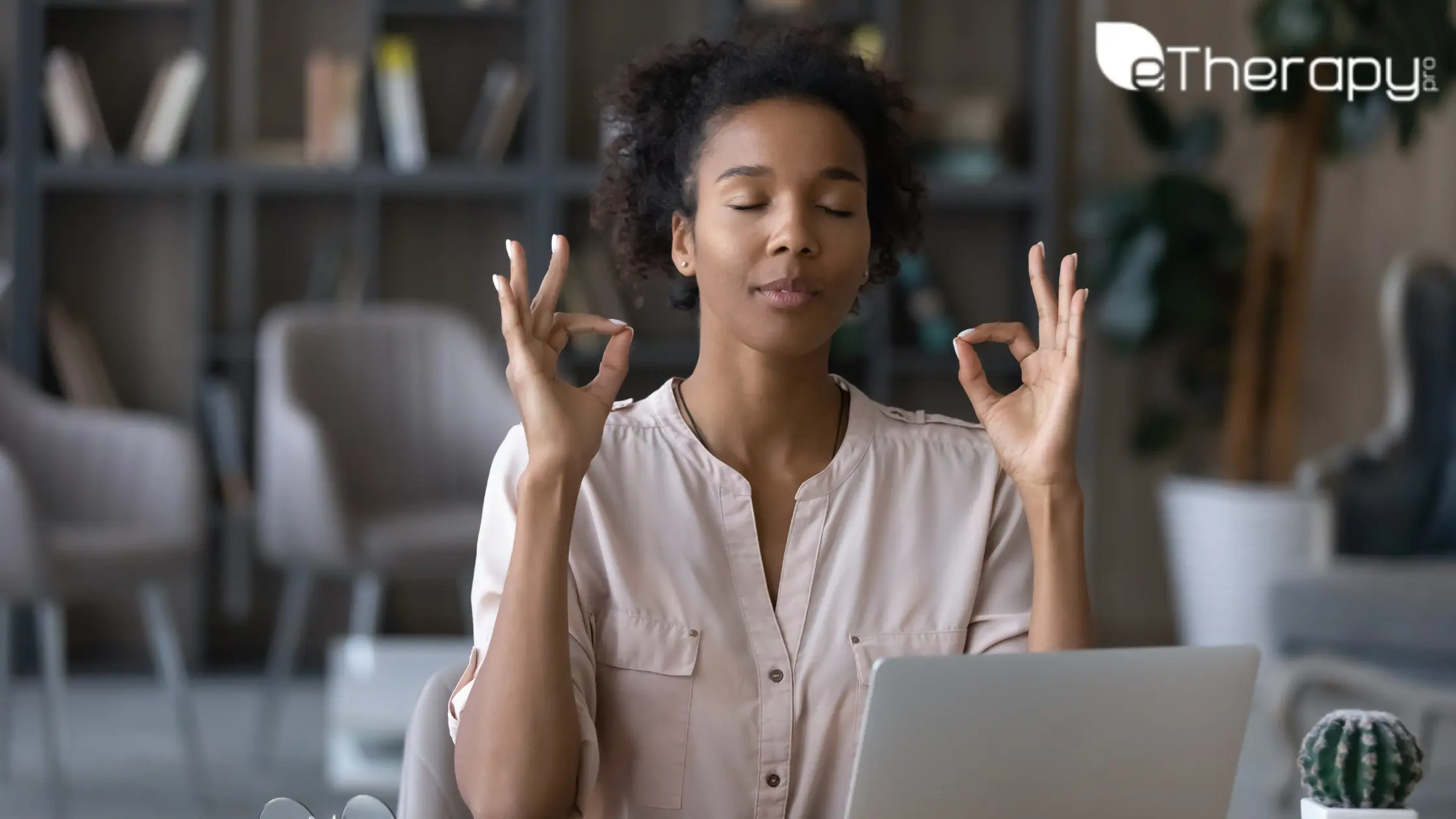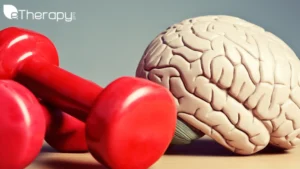Stress management is the goal of any form of intervention to achieve anxiety relief. Stress is a specific response of the body to emotions and thoughts arising in the mind. Stress not only exhibits changes in behaviors, but also physiological changes which are all characteristics of stress and anxiety. Stress and anxiety are often used interchangeably. However, the distinction between them is that stress is a response of the body to anxiety.
Stress management is therefore an integral part of the treatment of anxiety. Psychologists and counselors often work hard with the patients suffering from anxiety disorders to teach them how to manage their stress and therefore how to stop anxiety. They teach their patients about what does anxiety feel like, what is an anxiety attack, dealing with anxiety and how to calm anxiety. The last two are basically the methods of stress management which we shall describe in detail in this article.
Stress management techniques:
The following are some of the most practiced stress management techniques having excellent efficacy in controlling stress:
- Regular physical exercise Regular exercise in the form of walk, cycling, stretching, swimming or any other aerobic exercise is one of the best ways to manage stress on a long-term basis. Regular exercise has proven to decrease stress levels in individuals significantly and is often the first and most important techniques advised by a therapist to any patient of anxiety disorders.
- Breathing exercises Breathing exercises are specifically designed exercises focusing on breathing by the patients of anxiety disorders. Deep breathing is commonly demonstrated to the patients and they are asked to practice it regularly throughout their and especially in moments where they perceive high stress. Deep breathing not only provides relief from acute stress at once, but it also reduces the appearance of signs of anxiety on a long-term basis, if practiced regularly.
- Progressive muscle relaxation technique Progressive muscle relaxation technique is a slow and progressive relaxation of the muscles of the body. In this technique, groups of the muscles of the body are allowed to relax progressively in groups starting from muscles of the forehead or muscles of the feet. Once completed, progressive muscle relaxation leads to disposal of stress from the body. Muscle relaxation is accompanied by deep breathing to yield greater results in stress management.
- Living in the present One of the most effective ways of managing stress is learning to live in the present. People suffering from stressful periods and anxious states are often apprehensive about the future or remorseful about their past. Focusing on the present gets rid of both of these states to ensure a stress-free time.
- Mindfulness Mindfulness means focusing on something deeply to get rid of stressful thoughts.
- Meditation Techniques Meditation focuses on living in the present and mindfulness. Meditation techniques like yoga, Tai Chai and prayers help a lot in managing stress.










